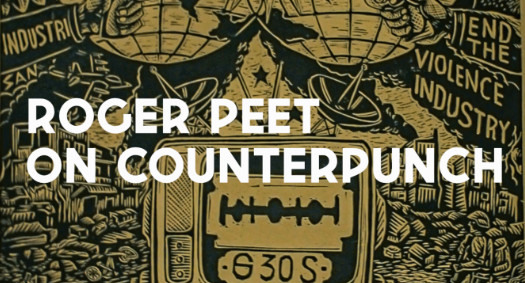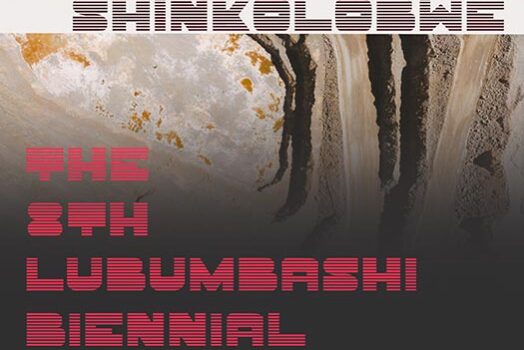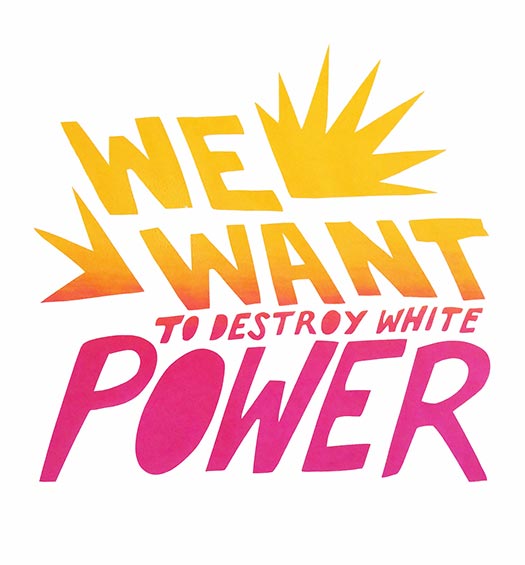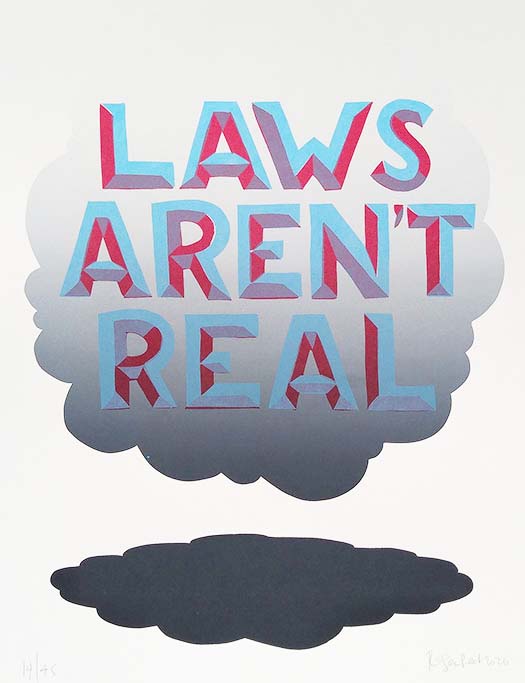David Graeber died last week, and in mourning his loss and considering his contributions, I read, at a friend’s suggestion, his 2011 summary of Occupy on the Al Jazeera website. He begins by talking about the questions that people often asked him, at that time, about aspects of the communications and decision making structure within Occupy that they found confusing, and which they thought unlikely to find purchase among the general public. The example he gives is the general wry contempt that most journalists had for the twinkly fingers of agreement, and the sprawling consensus process. His response to those journalists was to observe that Occupy’s explosive spread into cities and towns across the country showed that the thing it was doing was something that inspired people across America, regardless of the minutiae of process. The idea that a new form of relating to other people could be created ad hoc wherever you were was the force at the heart of the idea, and what propelled it. The idea of creating your own Occupy broke the spell of living at the end of history–or rather it wove a new spell, the spell that showed you that you could create a new world by doing it, by living it moment to moment in opposition to Capital and the dead weight of history. Graeber goes on to define the core of what Occupy was doing as a form of direct action; and direct action, he says, is the process of acting as if you are already free, of rejecting the legitimacy of the institutions and norms that structure daily life and beginning to imagine new ones.
Laws, as the saying goes, aren’t real. The rules that we are bound by are the rules that we choose to give credence to. The vision of Occupy, according to Graeber, was to begin to carve out a moral social order, a separate space that isn’t defined by laws that have been created largely to serve and maintain the interests of wealthy and powerful people. The laws that seemingly serve to defend the rights of the marginalized have, in this understanding, been created as a light wound dressing, as compromise or as a form of recuperation of the popular desire for a more fundamental form of change. Allowing movements to devolve into that zone of liberal legality forms a soft and porous middle ground, a zone of mutual acceptance that ultimately hamstrings movements for change by merely creating new options and scenarios for them within the playbook of power–a playbook which, at the end of the day, goes home in power’s pocket.
Author and organizer Jonathan Smucker starts his sober and revelatory discussion of the story of Occupy in his book Hegemony How-To by observing that a lot of the people who took up the idea of Occupy were prepared to sabotage it from the start; as a result of their adherence to Occupy as a form of fashion, as a club to which only the elect belong by virtue of their uncompromising politics. He describes how Occupy Atlanta turned away Civil Rights icon John Lewis as a reformist stooge, someone who didn’t have sufficiently up-to-date radical cred to hang with the new movement. The goal of the Occupy movement, he says, became, over time, less about achieving appreciable results and more about signifying an adherence to an official line or about demonstrating that core organizers had the right takes.
Smucker notes that there were cadre within Occupy that operated outside the structure of the big meetings, coming together as autonomous entities with goals, with a view to influencing how things were going to go down. He notes that this was something that happened across the country in many of the locations where Occupy emerged- that although the free-flowing general assemblies got more news coverage, and a certain degree of illumination as novel social forms in the words of theorists like Graeber, that there were loci and nodes of connection and planning behind the scenes where “most of the work got done.” Anyone familiar with a history of left organizing will be familiar with this phenomenon. An interesting thing to observe in the current moment, at least in the way that the protests are happening in Portland (where I’m writing from), is that this subordinate alternative is now the dominant form of organization.
The current movement and moment is an example of the principle of distributed participation taken to the next level of organization, and can be seen as an echo of both Graeber and Smucker’s visions of what these explosive popular eructations can accomplish. This time around there there is no one big meeting, no formal group debates, no opportunities for long rambling diatribes that everyone has to listen to if they want to be in line to have their own ideas heard; it’s all happening within autonomous groups that affiliate with each other AFTER their discussions have occurred and their ideas have been formulated. There are disjointed voices, ringing out across the crowd via megaphone, but an audience is by no means guaranteed.
It’s important to point out that the major spokespeople in this Portland moment are Black, and also almost predominantly femme. Many define themselves clearly, on the mic, as anarchists. There is a push and pull of different groups pursuing different levels of control and influence over the protests on a nightly basis, both in real life and online. Certain groups rise and then fall from favor. The politics on display are successful or unsuccessful based on the number of people who continue to pay attention or to show up to specific calls made by specific entities. There remains no central point of discussion (outside of whatever is going on in Signal or Telegram) beyond showing up every night to see what’s happening. (Note that this is my personal perspective, and I’ve been to about a third of the nightly protests, so it’s based on a summary of what I’ve seen, in real life and also online).
But let’s talk about something else that Graeber mentions in that 2011 summary; that the occupation of the Park was predicated on a rejection of the City ordinances against public camping. Occupy was founded, he notes, on a rejection of the idea that laws necessarily bind us, and promotes the understanding that those laws can be ducked under like stage curtains when the project of liberation demands it. That takes us into the realm of illegalism, a strange cloud of possibility and history that opens doors with odd shapes.
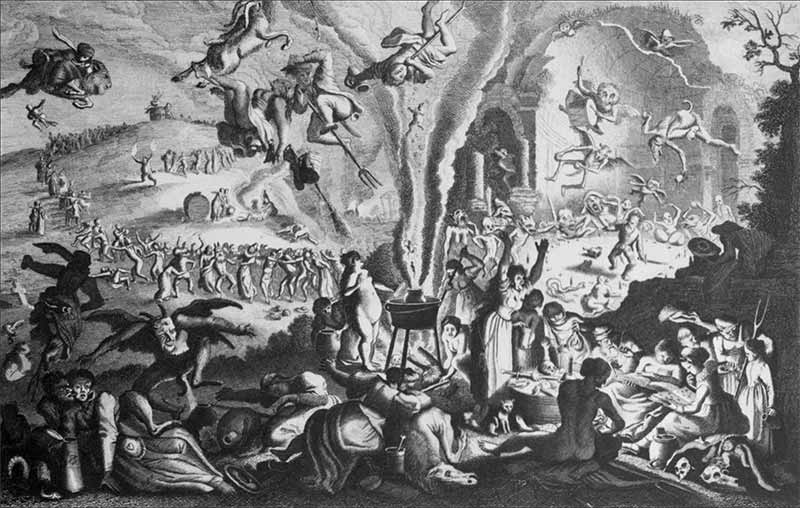
Illegalism within an anarchist tradition stretches back to the 1890’s but is maybe best known as part of certain postwar formations in Europe, with the most famous set of practitioners being the Bonnot gang, who robbed and shot their way across pre-First World War France. Without going into too much historical detail, the idea behind illegalism suggests that one can define oneself as a being beyond the law’s influence, and that in becoming such a liberated individual one becomes the ideal subject for a revolutionary transformation of calcified social formations. The illegalist idea implicates the individual as the ideal mote who can, if sufficiently liberated, move like the single spheres within a collapsing tower of cannonballs to destroy the structures that restrain them. It seems like a very different idea to Graeber’s principle of the illegal mass of participants, but the core of it, where laws are torn through like tissue paper, sits side by side with what is happening right now.
James Carr arrived at radical politics within prison, where he had ended up as a result of his extensive criminal activity from a very early age, when he burned down his school at age 9. Carr was a member of prison rebel George Jackson’s group of radicals in Soledad prison in the 70’s, and was a part of the formation of the radical vision of Black prisoner consciousness that came out of that brutal environment. Like Fred Hampton in Chicago, a big part of what the radical prisoners in Soledad and beyond were trying to do was to extend a revolutionary consciousness to a broader range of prisoners. They wanted to make as many people as possible aware of how their daily brutalization at the hands of the guards and wardens was something they were experiencing collectively, and therefore something that they needed to respond to collectively. The prison radicals understood that the point was to get big, because that was where the power was. When Carr was released from prison and went to connect with the Black Panther Party on the outside, he found himself disillusioned. He saw the Panthers at that time as obsessed with self-image, and how the correct representation of the leadership and their aesthetics was taking precedence over the political project itself and its pursuit of power. He saw how easy it was for the leadership of the Panthers to be tempted into performing radical chic for upper west side parties, and to ignore the burgeoning popular efforts across the country that bore their name. The critique that Carr made of the Panthers in his autobiography, Bad, is the same critique that Smucker makes of Occupy: these movements fail because they lose their sense of what they are trying to do, because they fail to get big. They stop wanting to get big, and then they stop wanting to win, and come to only want to represent the perfect totem of their ideology, or at least for their leaders or the core cadre to be seen as such. The same thing happened to Students for Democratic Society, whose leaders turned away from a nascent national movement and broad popular enthusiasm into bomb-making and acts of symbolic violence because it seemed to them to be the only way of retaining their credibility, a credibility that no-one was interested in but themselves. For decades our movements have been failing and failing again because of a repeated failure to want to get big, or to understand how to do so.
How do you get big under anarchist principles, beyond the radical vanguard, and maintain that size long enough to stomp a hole into the judicial and financial structures that prevent you from getting even bigger? And how is this a summons to action beyond the ballot box? There are a lot of calls going around for a desperate engagement with the vote. The ballot box as it currently stands is a sop, a safety valve serving so many people’s hopeless need to find a way to participate in the politics of this moment that makes any sense at all, because this is a moment perhaps unparalleled in history, in the depth of popular disconnection from political influence. As tides of derangement rise, the acceptable forms of engagement on offer have come to seem increasingly meaningless to the vast majority of the erstwhile political actors of the “electorate.” The knowledge that those in power harbor a perverse culture directly related to their wealth, and that they are able to move and operate in a sphere that seems unassailable from our position here at ground level, has made the growth of messianic ideologies like Qanon inevitable. The madness of Qanon and of much of the contemporary tide of reaction is partly a result of everyone’s utter unmooring from forms of effective political action, and is reflected in the surface of the reality that we are all drifting on, like boats lost at night on a dark sea. We seek catharsis in these hot and fresh new myths, and the ways of action they inspire for us: pure mythology, the street violence of the hard-right, and a vision of the future that is as accurate as the vision you get from the scrying of entrails. The means by which to interact with power, the means to access any method at all of influencing our collective future, are completely and totally absent from everyone’s lives, and we’re all painfully conscious of that fact. That consciousness provokes a raw hallucination of what it means to pursue your own political goals. It has become almost inconceivable to imagine a meaningful form of political action, and so we twine with the stars, suplexing into impossible positions, desperate to find some spell that can be cast from the real world into the void of power, that will have an actual effect on the forces that structure our lives. Politics has devolved almost completely into the realm of magic, but there is a pervasive illusion that this is not the case. Many believe that politics is still something that can be touched, that can be tagged or tasted, that the post office will carry their voice and their desperate need to a distant reader who actually has the material conditions of their lives in mind.

Carr had a pointed critique of what he saw as the reliance of guerrilla ideology within Panther leadership, the fetishization and aestheticization of the trappings of force. “Guerrilla ideology reduces all revolutionary questions to quantitative problems of military force” he says, and “nothing could please the reactionary prison official more than a fight to the finish.” There are glimmerings of this sort of ideology in the current protest movement, but more powerful is what is perhaps its antithesis: the enormous growth of mutual aid efforts during the Portland protests. There has been a vast blossoming of small nuclei providing an eclectic variety of services to the protesting population: snacks, eye-wash, helmets, carefully built shields, wound care, pamphlets, water, communication, and more. These mutual aid networks and small structures provide an ameliorative infrastructure to the nightly context of protest, but they also provide a coherent thing for a participant to do, outside of the nominally vague goal of simply protesting. In fact, at certain times during the protest timeline there has emerged what might be seen as an overabundance of people characterizing themselves as medics, or as press, which you could visualize as ending up at an ironic conclusion where everyone at the protests is either medic or press, and there is nobody left to have their wounds ministered to or to have their actions documented in heroic detail.
These networks of mutual aid sometimes seem to be creating a structure similar to those that arise in the aftermath of disasters, a network providing immediate relief that has built itself into a loose and jangling structure, a mirror image of the infrastructure of daily life that the state is unwilling to provide, or is so incompetent at providing that it basically counts as the same thing. This view of mutual aid as disaster relief is accurate, and would probably be nodded at by its enthusiasts, and it’s a good way of understanding what’s happening. The disaster it’s responding to, however, is bigger than the moment: the disaster is the entirety of life under Capitalism. Life within this broadly atomized society, that has such a hard time seeing itself as a society at all. These mutual aid networks arise in direct response to that slow-rolling infinity of disaster. It feels logical, powerful, and political, to create these networks, and they are indeed necessary; but at the end of the day, I look around and I get the feeling that Capital will be looking down at these gritty and dedicated efforts to sustain rebellious communities, as well as the neighborhoods that sustain them and the various forms of infrastructure that they require, and Capital will be supremely satisfied with their growth and strength, and not seek to counteract them, except to assassinate their practitioners when they stray too far into self-defense. Capital will be satisfied because the work that goes into maintaining them implies that similar work will not be done to demand any kind of redistribution from its insane stockpiles of cash and force, of wealth and power. As we build structures that will enable us to survive as the ash covers us and the sun dims in the smoke of the fires of the rest of the twenty first century, Capital will be happy to leave us to do the work of taking care of ourselves while they spirit their hoards of gold and jewels even further offshore, far from our ability to demand that wealth be used to provide anything for all of us.
Do we want to do that work, of holding Capital to account and ruthlessly redistributing the hoard it has acquired? CAN we do that work? I suffer from the same lack of political imagination that I think many of my peers are experiencing, and for that matter most people across the political landscape, shrouded as it is in smoke and tear gas. The movements currently arising to try to give political direction to people who are adrift are messianic movements without messiahs, and they bear an eerie psychological resemblance to the witch crazes of 17th century Europe. In the last several months the strange ideologies of Qanon and Pizzagate have started to go wildly mainstream and have begun to suffuse broad and diverse communities with this particular vision of invisible, witchy power. As the current wildfires have been approaching Portland, affected communities in the Eastern suburbs have started to raise the specter of Antifa firestarters- shadowy figures in black coming from the city to create these biblical conflagrations that have blocked out the sun. People on Facebook groups in communities outside Portland like Sandy and Estacada, shrouded in smoke and sweating in the path of the fires, have been calling for any “Antifa” spotted to be shot on sight. Checkpoints are going up on roads that surround the city. The enemy is hiding behind every bush- and so the idea is rising that the bush needs to be burned. The witch is loose on the land and cannot be contained, only destroyed.
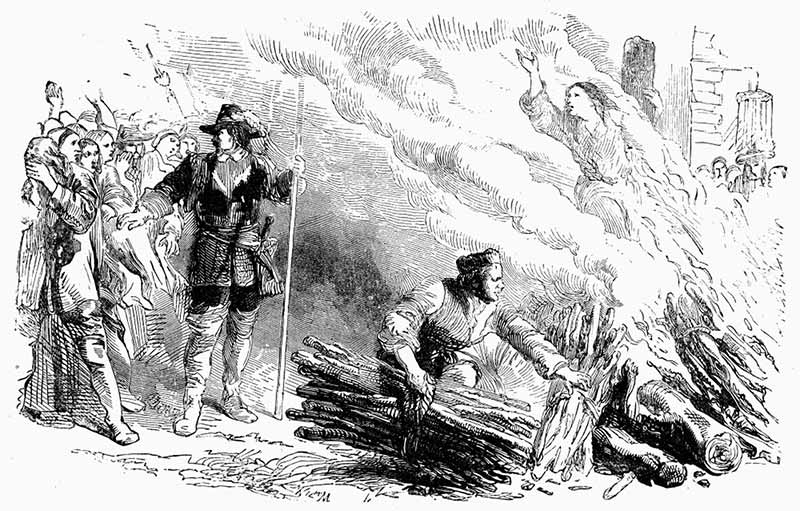
The key to what Carr says in his searing autobiography, and something which is horrifying to read but essential to the understanding of what he’s describing, is that he freely acknowledges his participation in the most venal and heinous acts of prison culture; rape, beatings, other violence; and that he incorporates those experiences directly into his vision of how justice should be pursued. This is an alternate vision of illegalism, a dark and communal illegalism: allowing the transgression of norms and laws to flow through you and provide to you the perspective necessary to construct a liberatory ideology, where you have truly seen where not to go; by virtue of who you have been and how you have tried to live and transform your life. In the current scenario in this country there are a variety of libertarian and individualist illegalists, from Ammon Bundy and the street brawlers of the Proud Boys, to the Koch Foundation and to Trump himself, people who have realized that laws are things that are fungible, and can be bent to serve the ideological struggle as you see fit- but the banner of socialized illegalism lives within the ongoing protests for Black lives, and against the very concept of policing. The goal of abolition, of abolishing police and the structures of power that they inhabit and define, connects to a total redefinition of society, to the fettering of Capital, property, and industry and the creation of a future for people that includes a future for the rest of the world: where we no longer live on the world, or off the world, but within it and beside it.
If there are no consequences to the actions you take that clearly violate laws, then it becomes very clear to everyone watching you that anything is possible. This has always been the case for wealthy and powerful people, and certainly part of the appeal of wealth is that it so obviously confers to the possessor a near-total freedom from the influence of law. In the current climate the idea that laws aren’t real is getting closer to the ground, like smoke trapped under a temperature inversion, the smoke from a burning police precinct in Minneapolis. The future opens up and reveals that anything can be tried, and that there might even be some sort of social duty to pursue that effort. Abolitionist Mariame Kaba’s twitter display name is currently #Tryeverything2020. Who knows if we really will? Meanwhile the smoke is now all around us, pressing us to the earth, making any trip outside sharp and painful to the lungs. The Air Quality Index ratings have surpassed what is measurable by the scale, and have entered the realm of myth. The city is paralyzed, the protests frozen in ether, but outside in the smoke the Trump trucks circle, their flags fluttering. Our powerlessness before the forces that engulf us has never been starker, and it becomes increasingly obvious that action will not provide us with escape. Action, in fact, is what got us here. We must seek not to do, but to undo, and to be our own undoing in the dark.

This post received crucial editing from Erica Thomas.


